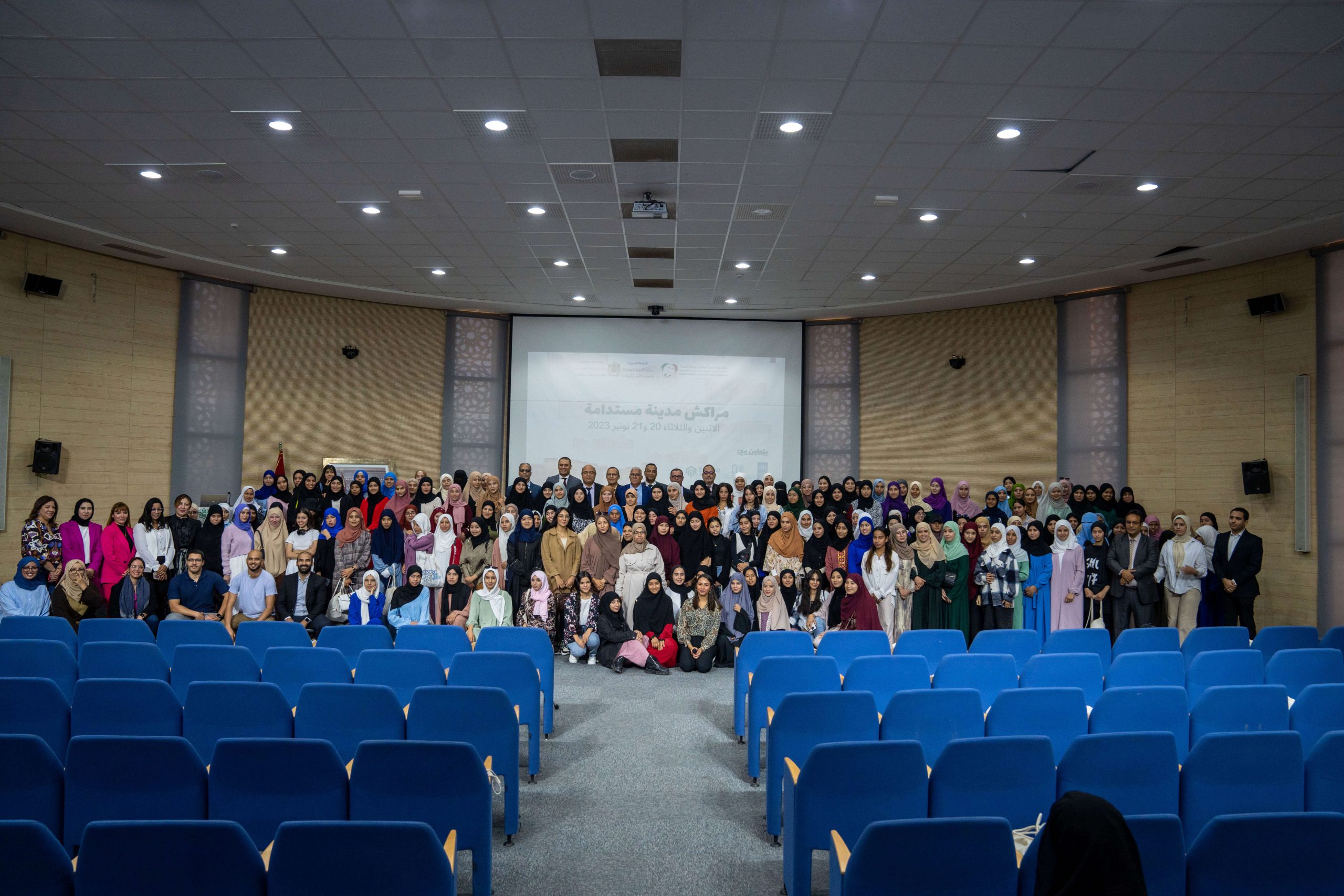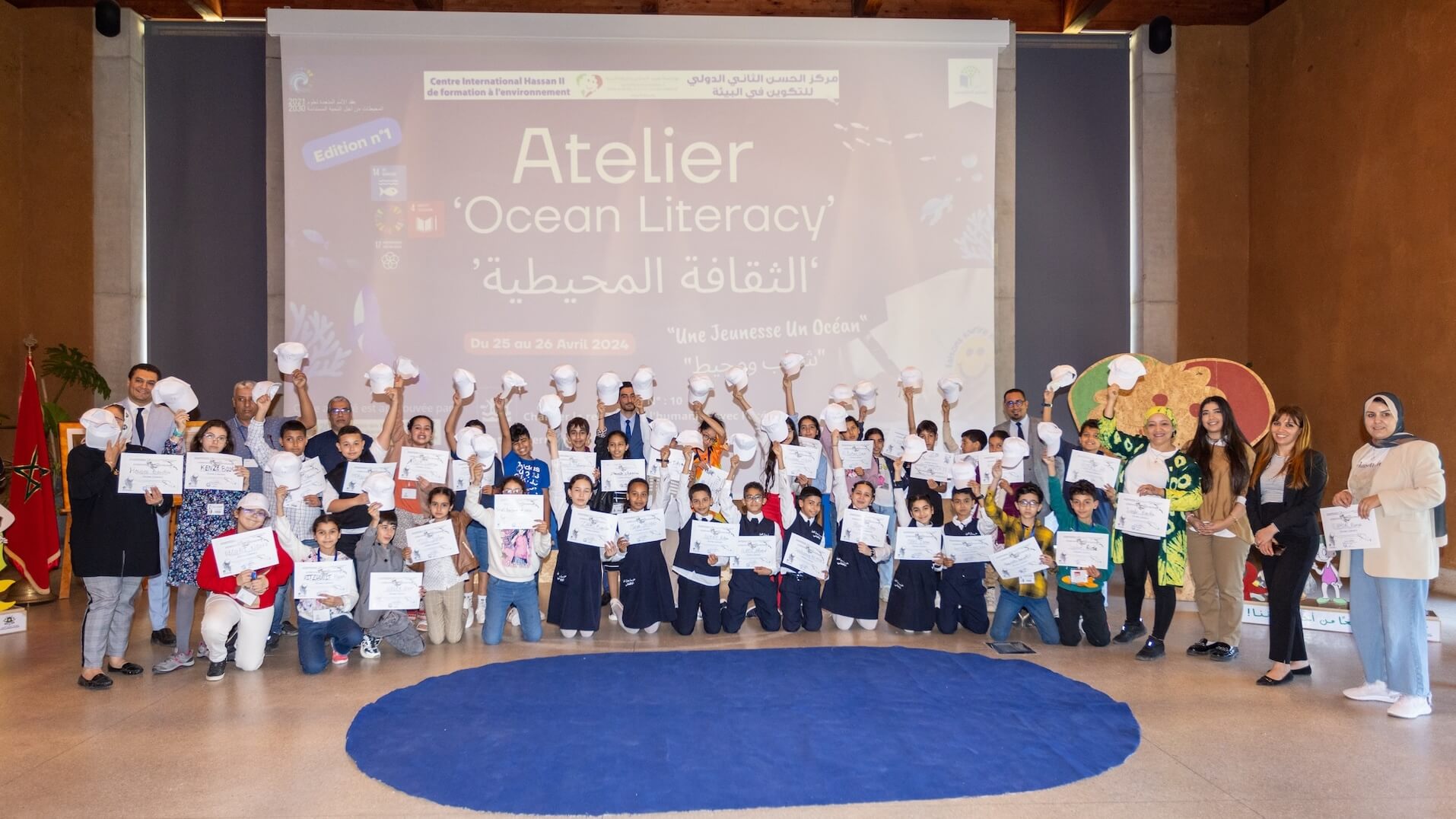
11 May 2023
The Mohammed VI Environmental Protection Foundation trains cement manufacturers in decarbonization
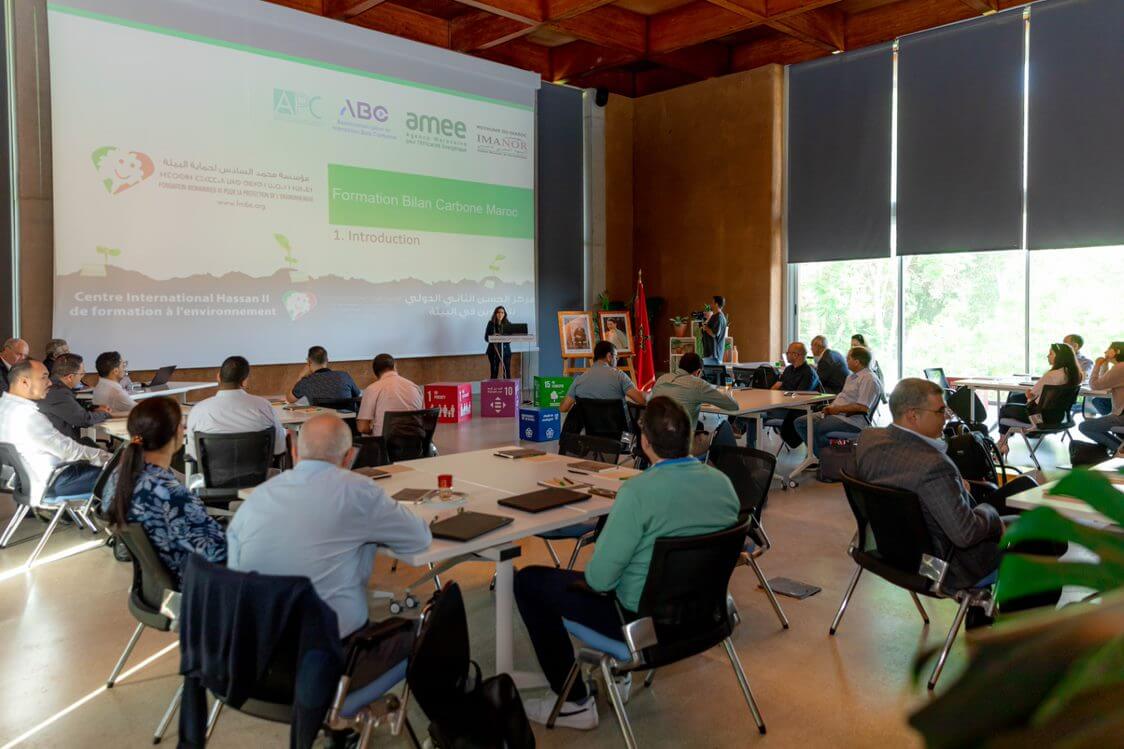
The Mohammed VI Environmental Protection Foundation, chaired by Her Royal Highness Princess Lalla Hasnaa, organized a Bilan Carbone Maroc [Carbon Footprint Morocco] training course for the Moroccan Professional Association of Cement Manufacturers (Association Professionnelle des Cimentiers (APC)) on Thursday May 11 and Friday May 12, 2023.
The two-day course, part of the Foundation’s capacity-building program, was held at the Hassan II International Center for Environmental Training, and was attended by 32 participants. Its aim was to familiarize the cement industry with carbon footprinting and accounting, and to help them begin the process of decarbonizing their business.
Cement production is responsible for 5% of the world’s carbon dioxide emissions. A significant proportion due both to the success of cement, which has become indispensable in modern construction, and to an energy-intensive manufacturing process involving kilns that operate at high temperatures and use fossil fuels.
Cement manufacturers are aware of their impact on global warming and have begun to adapt. The Foundation intends to support them in this process by providing them with the Bilan Carbone Maroc tool and training in its use. As a reminder, this tool was updated and upgraded in 2022, as part of an agreement for the decarbonization of the Moroccan economy signed in 2021 between the Ministry of Industry and Trade, the Ministry of Energy Transition and Sustainable Development, the Moroccan Energy Efficiency Agency (AMEE), the Moroccan Standards Institute (IMANOR), the General Confederation of Moroccan Enterprises (CGEM), and finally the Mohammed VI Environmental Protection Foundation.
The Moroccan Professional Association of Cement Manufacturers, which wants to make its contribution to decarbonizing the Moroccan economy, was the first to benefit from the Bilan Carbone Maroc module 1 training course.
During the training session on May 11 and 12, participants were first made aware of climate and energy issues, before being introduced to the use of the Bilan Carbone Morocco tool using the specific case of a Moroccan cement plant. They learned to identify and classify the various sources of greenhouse gas emissions according to the Bilan Carbone® methodology and the ISO 14064-1 standard. The Bilan Carbone Maroc tool provides organizations with a database of 350 emission factors, each of which has a global warming power adapted specifically for use in Morocco.
The participants analyzed the case study’s greenhouse gas emissions and reported back on the results, with a view to studying the implementation of reduction measures. During the final debriefing, the trainers stressed the importance of a clear, achievable action plan to meet concrete climate targets, in line with Morocco’s ambition to achieve carbon neutrality by 2050.

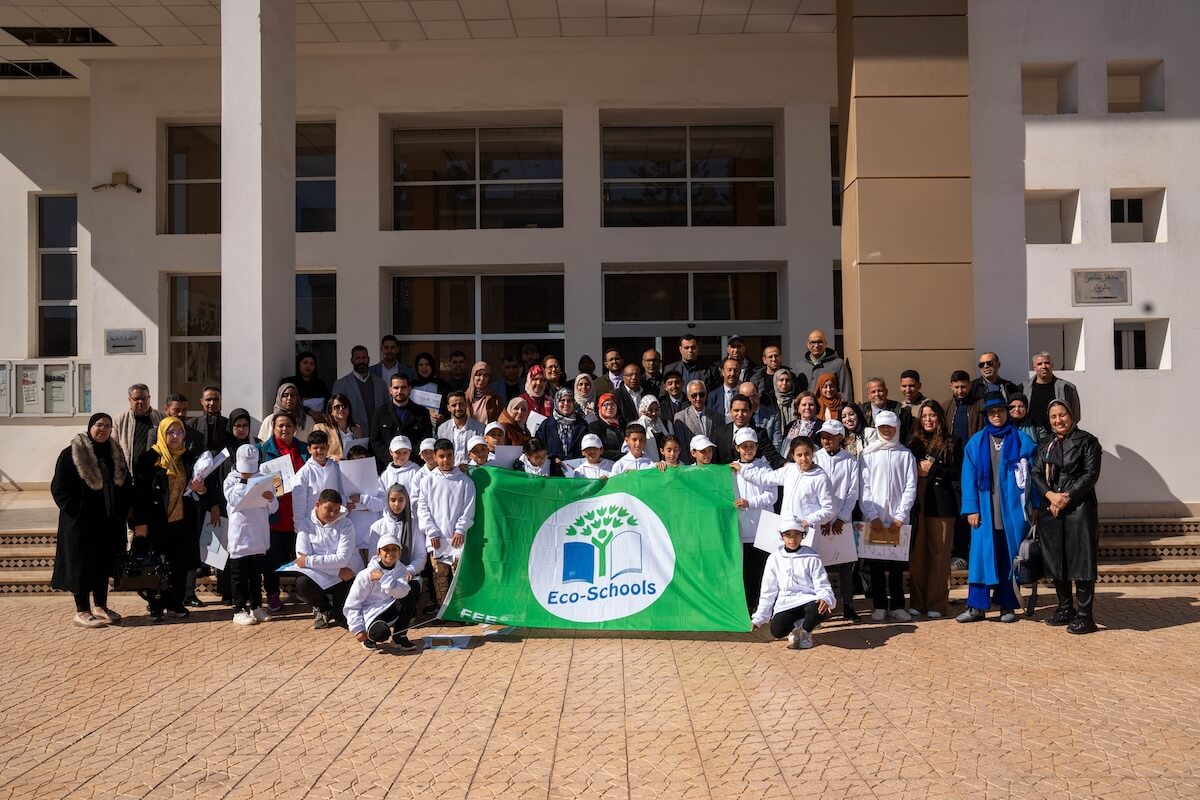
The Foundation holds awareness-raising and training workshops as part of its two programs: Eco-schools and Young Reporters for the Environment for the academic year 2023-2024
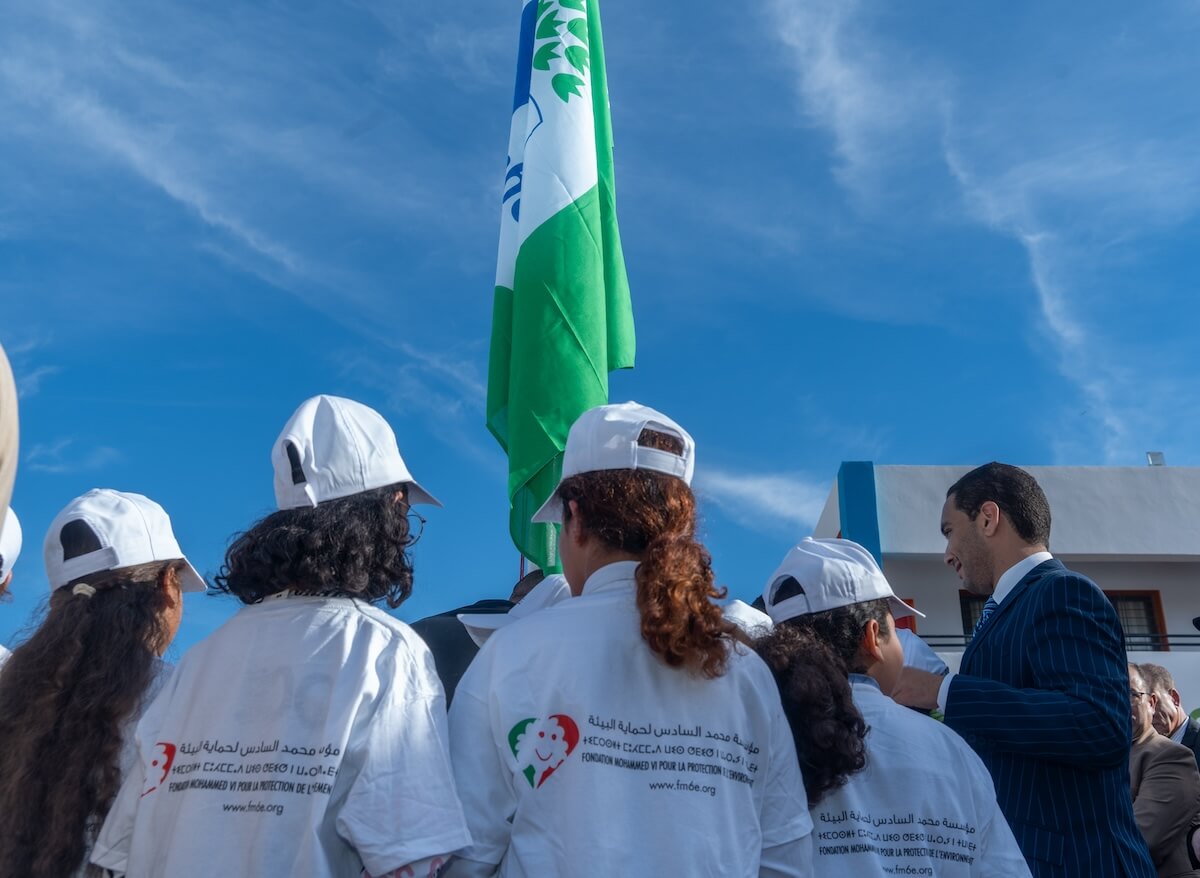
Acquisition of the Green Flag by 89 schools for the academic year 2022/2023: A new record in the Eco-Schools program!
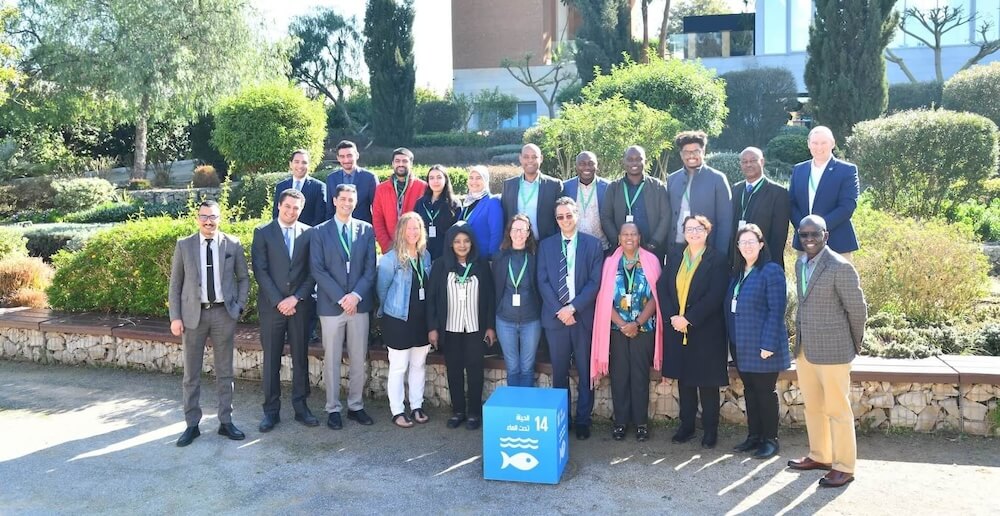
The Mohammed VI Foundation for Environmental Protection hosts the 2nd day of the African Ocean Decade Taskforce Meeting
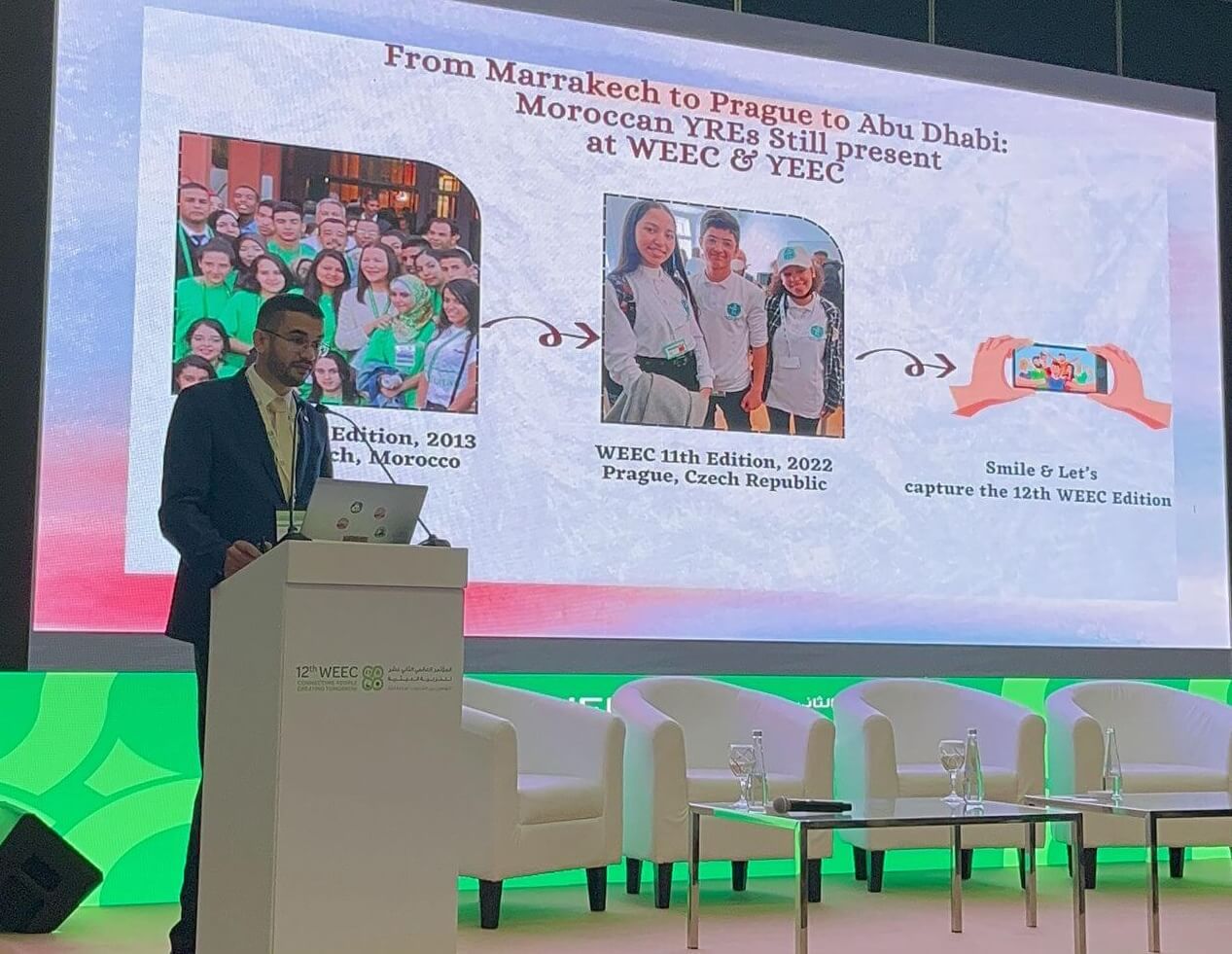
The Mohammed VI Foundation for Environmental Protection at the 12th WEEC, in Abu Dhabi
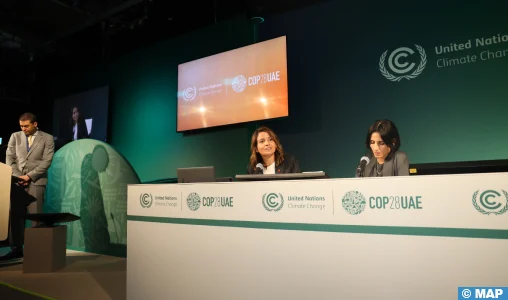
Side event at COP28 : Tracking Africa’s Climate Journey: Successes and Opportunities
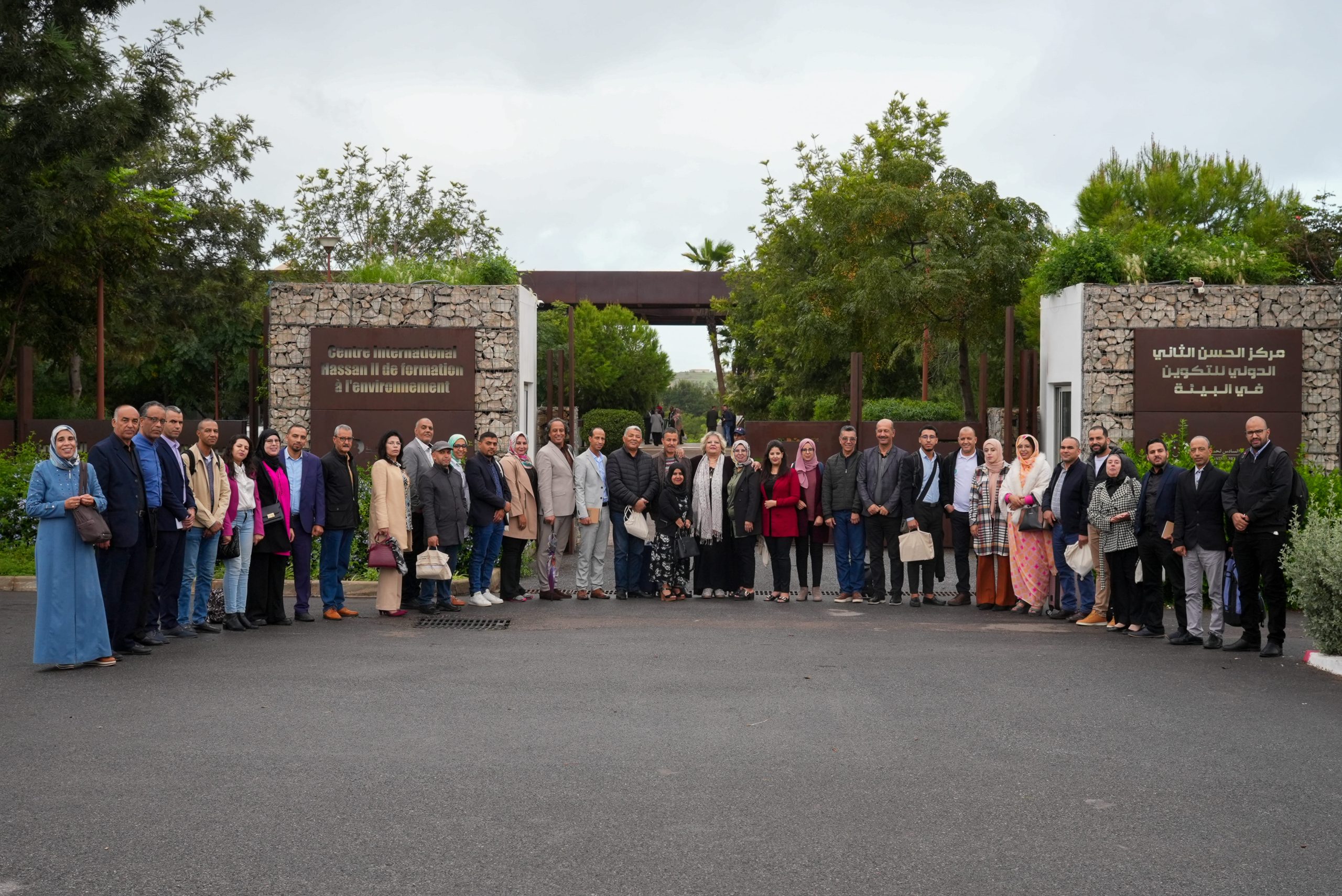
National Training Workshop for 94 Sustainable Development Education Coordinators:
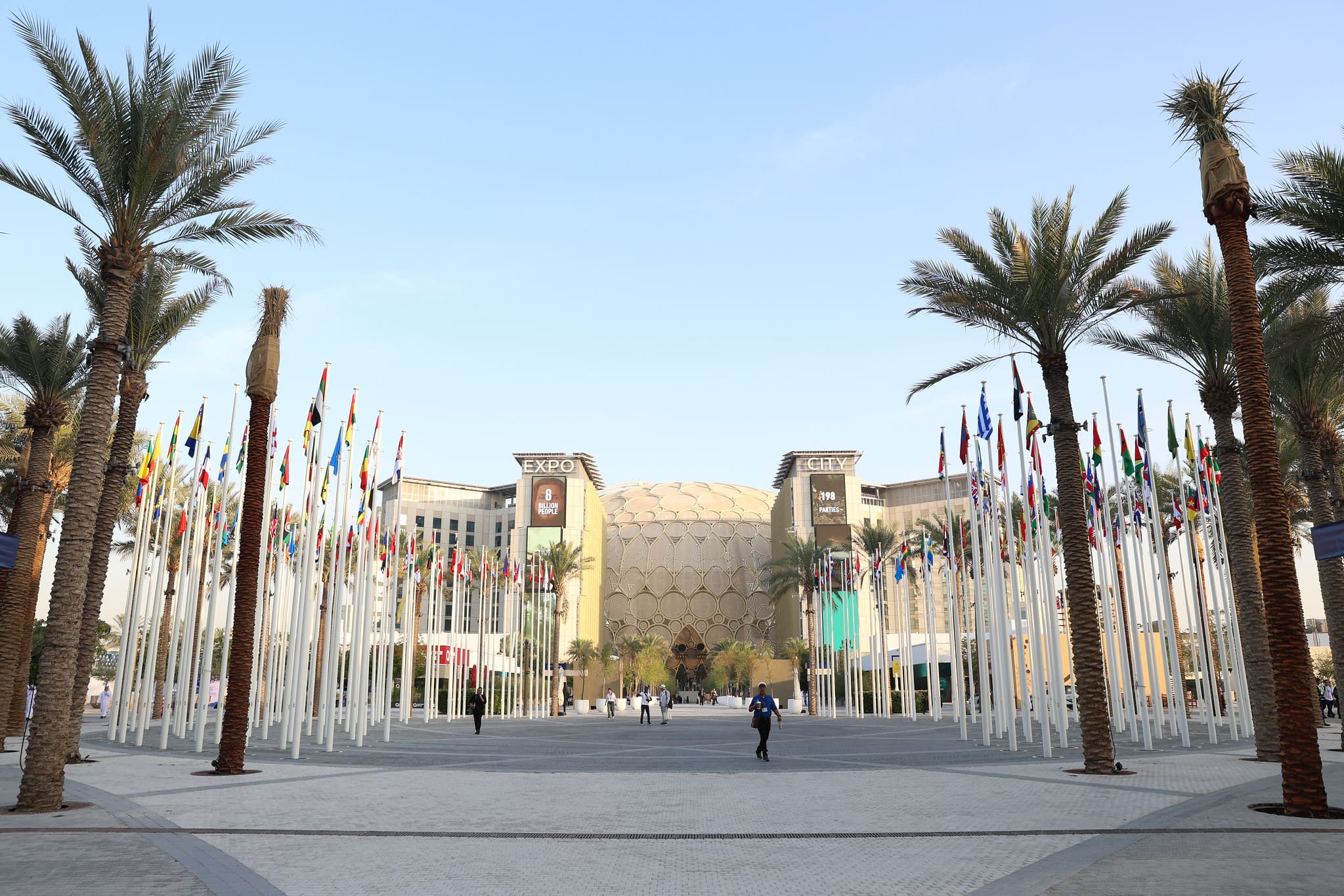
The Mohammed VI Foundation for Environmental Protection takes active part in COP28 in Dubai
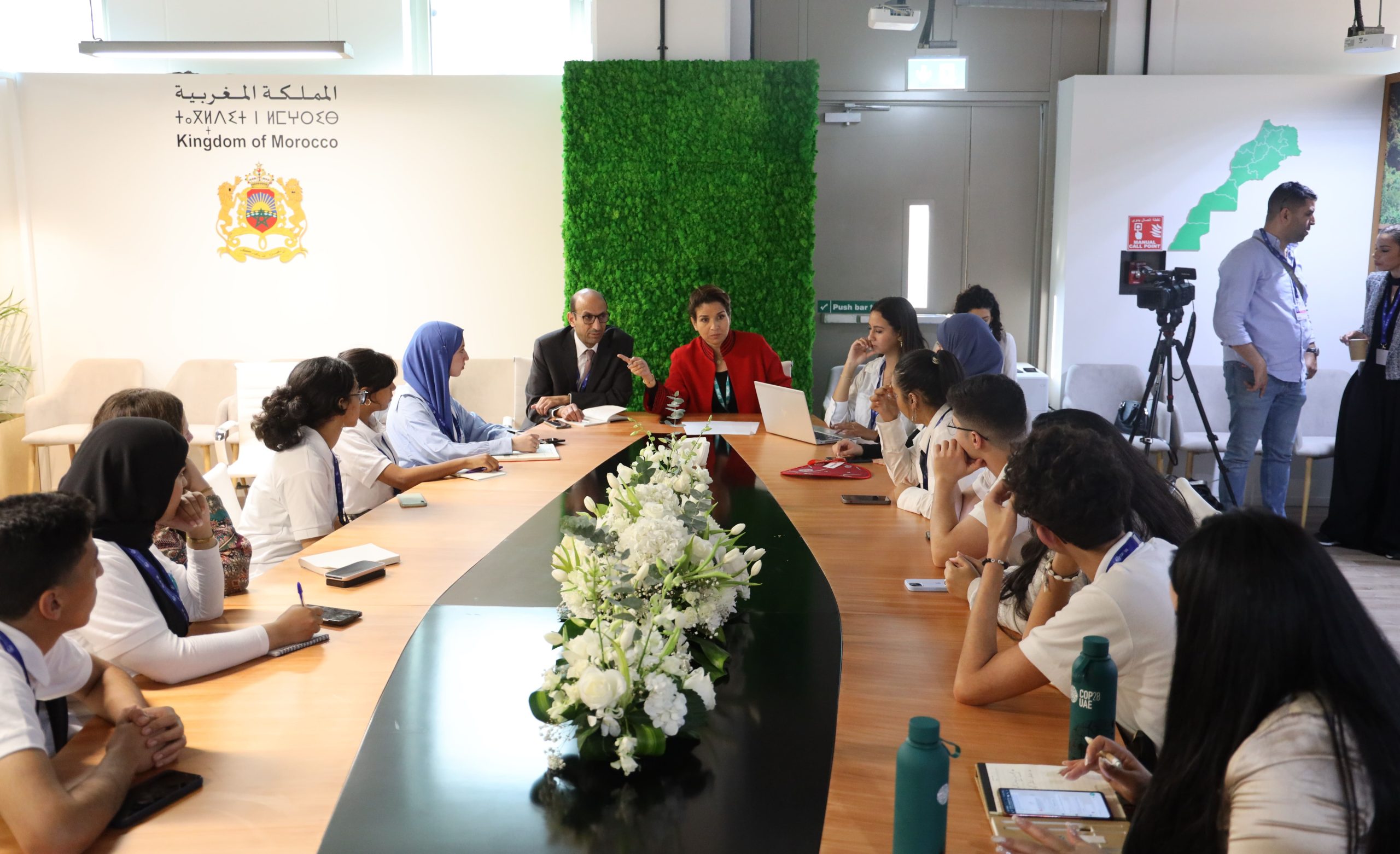
Interview with Young Reporters for the Environment with Mrs. Leila BENALI, Minister of Energy Transition and Sustainable Development of Morocco
